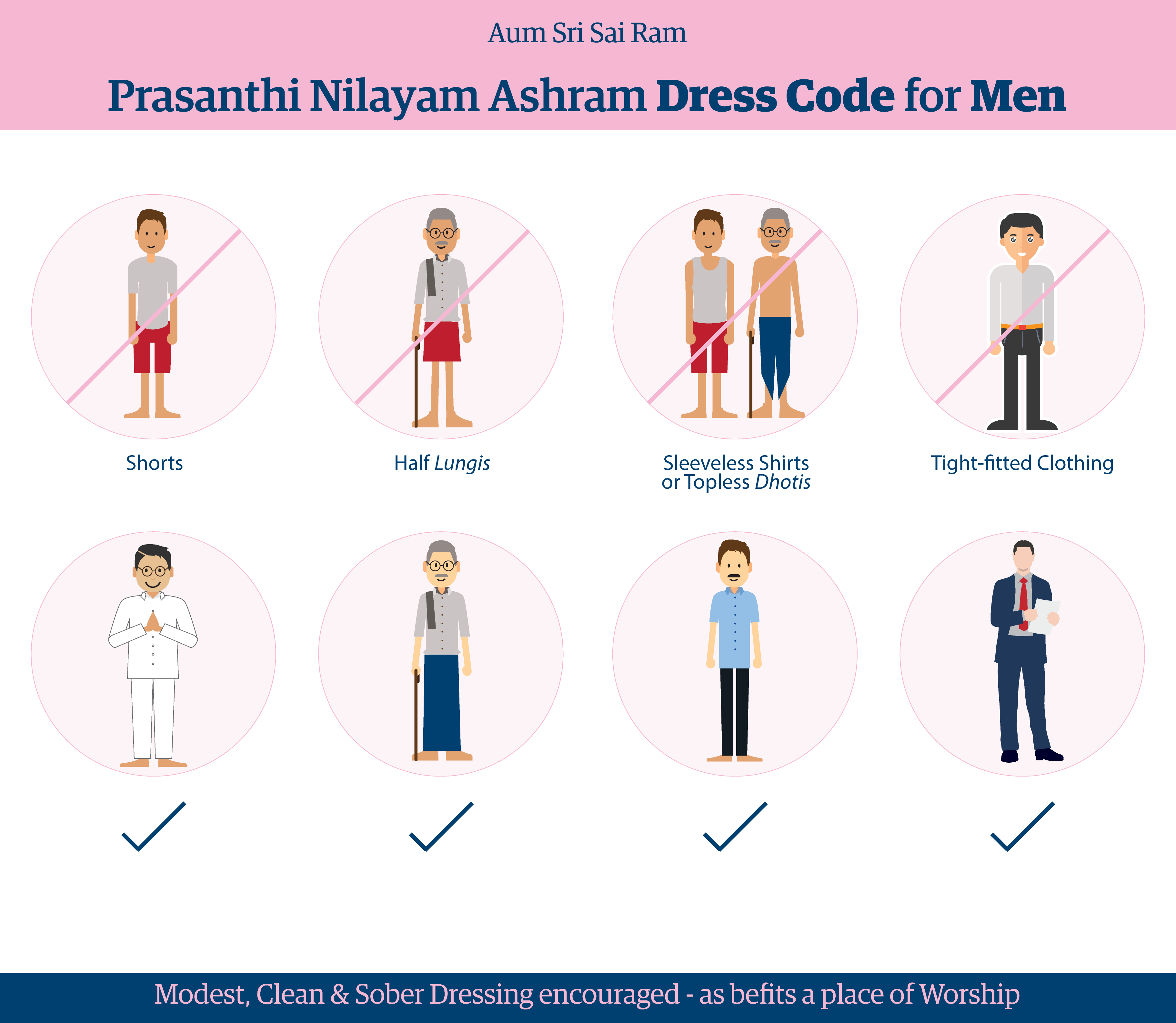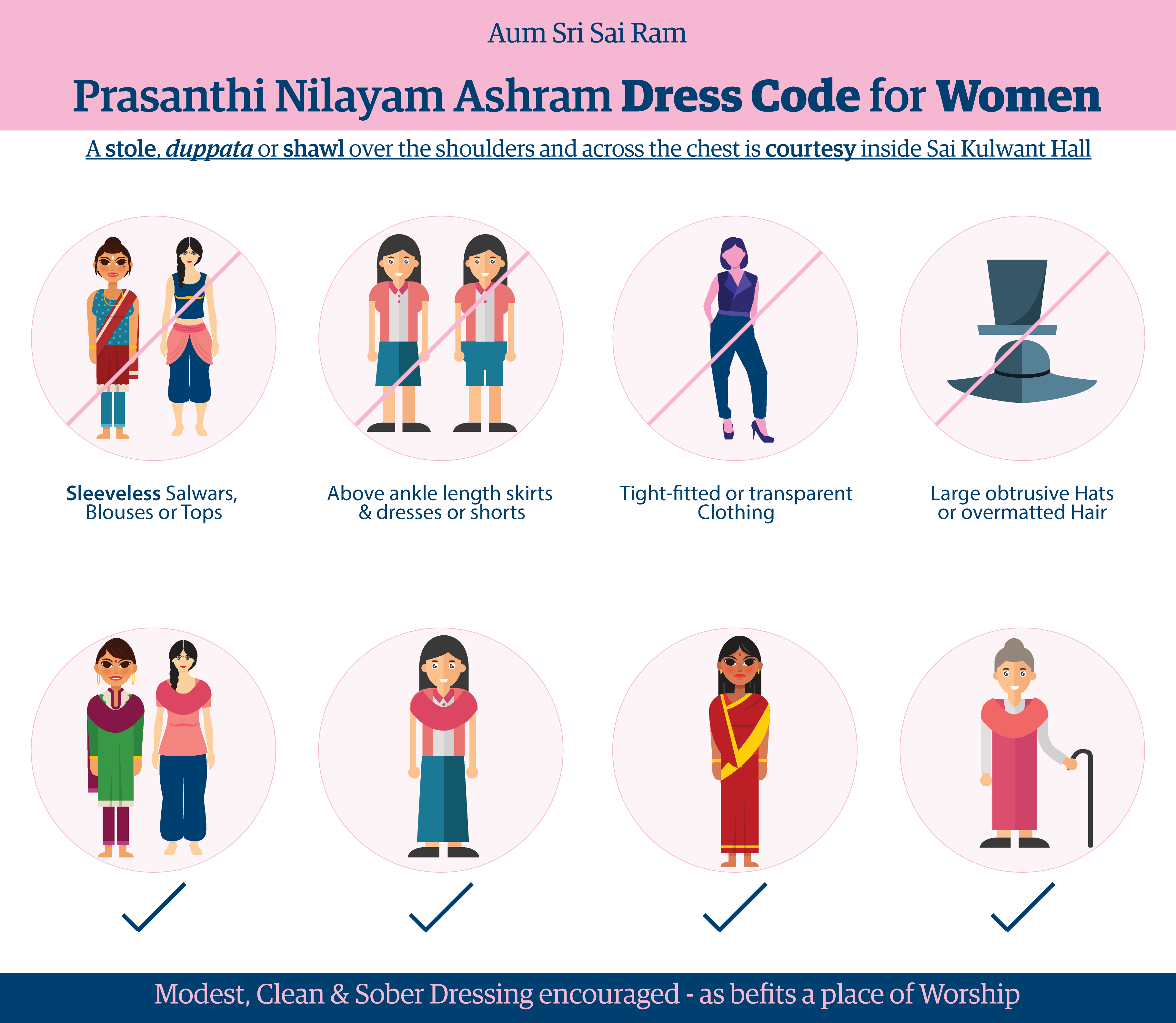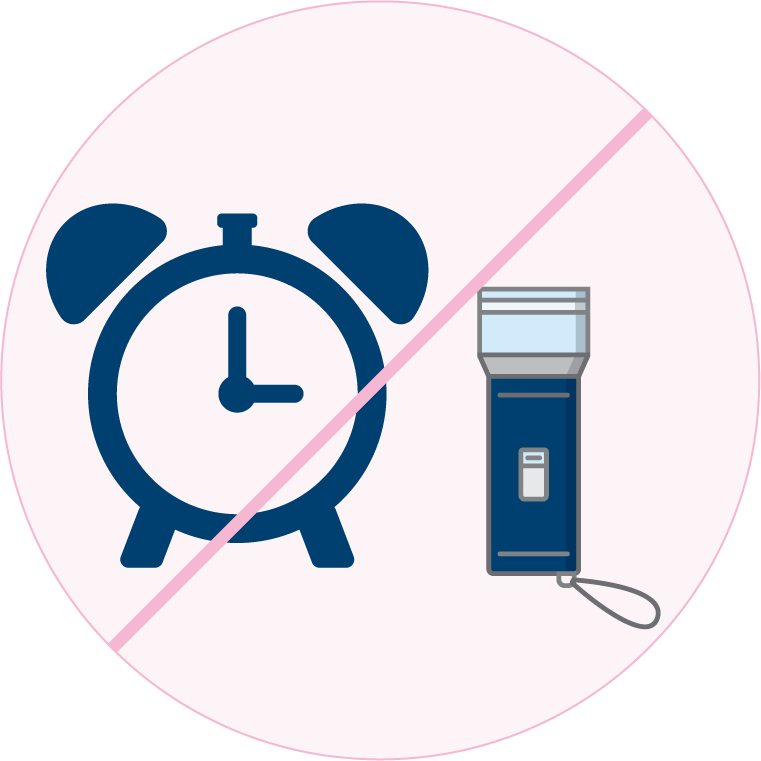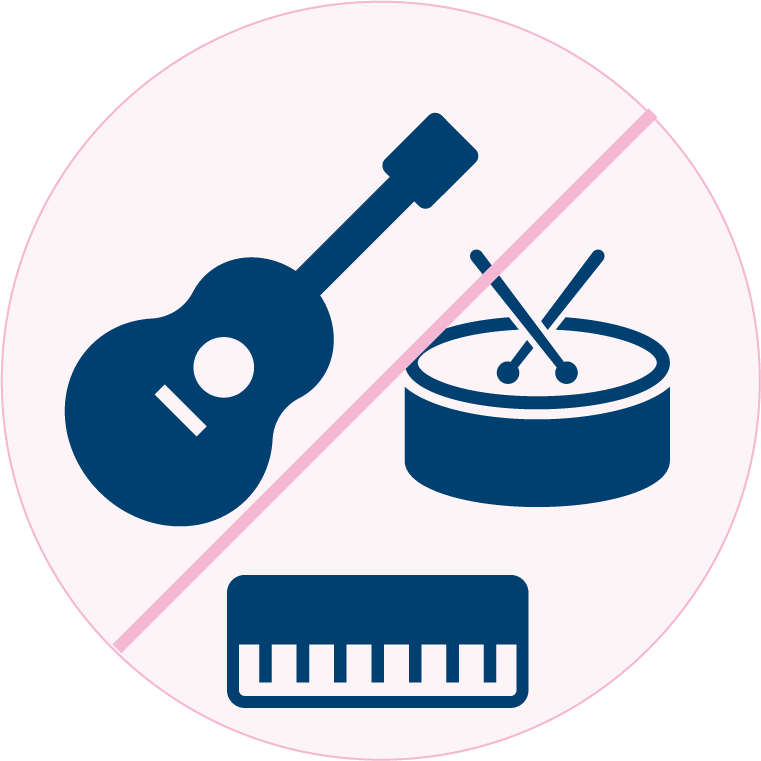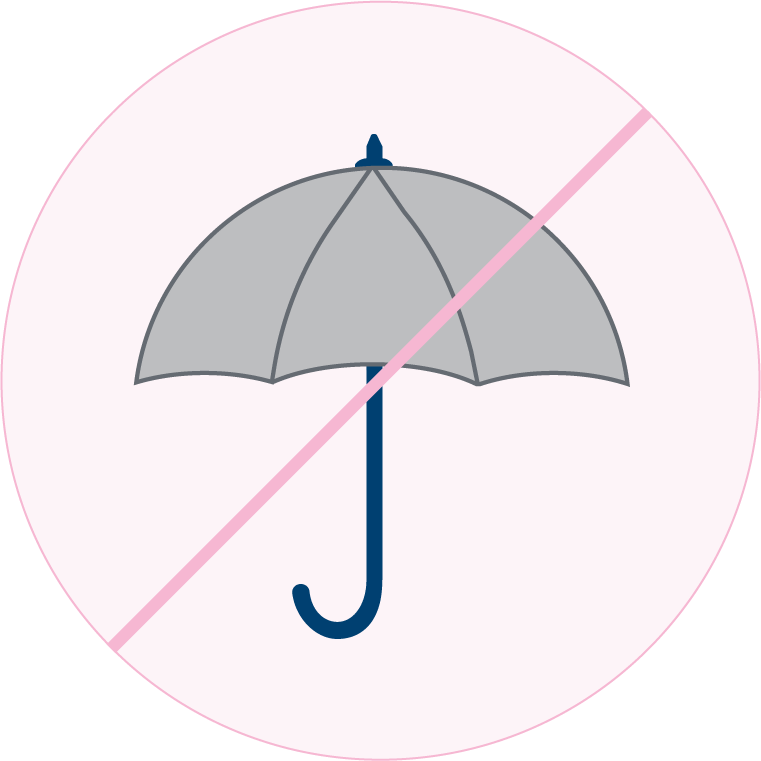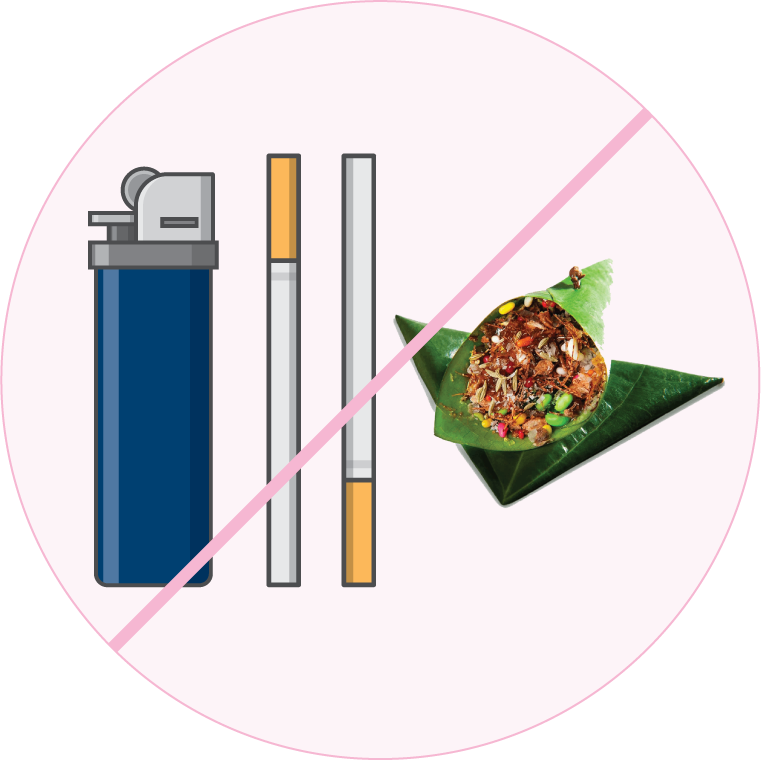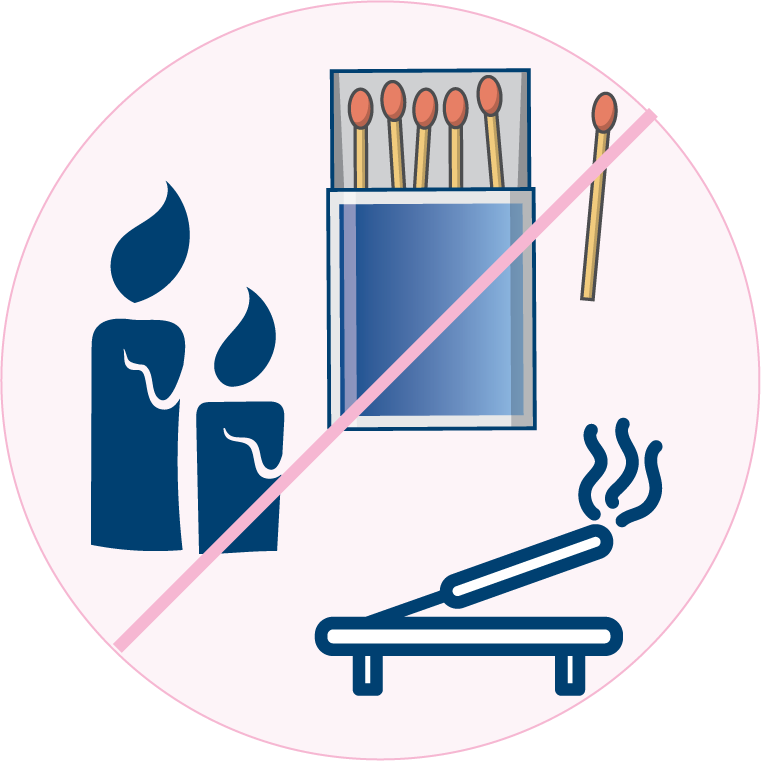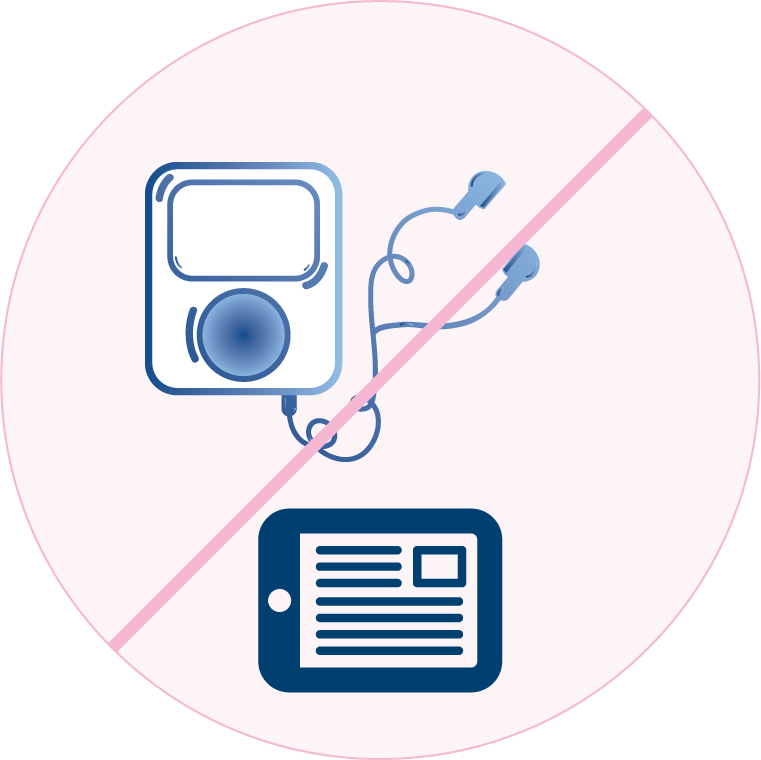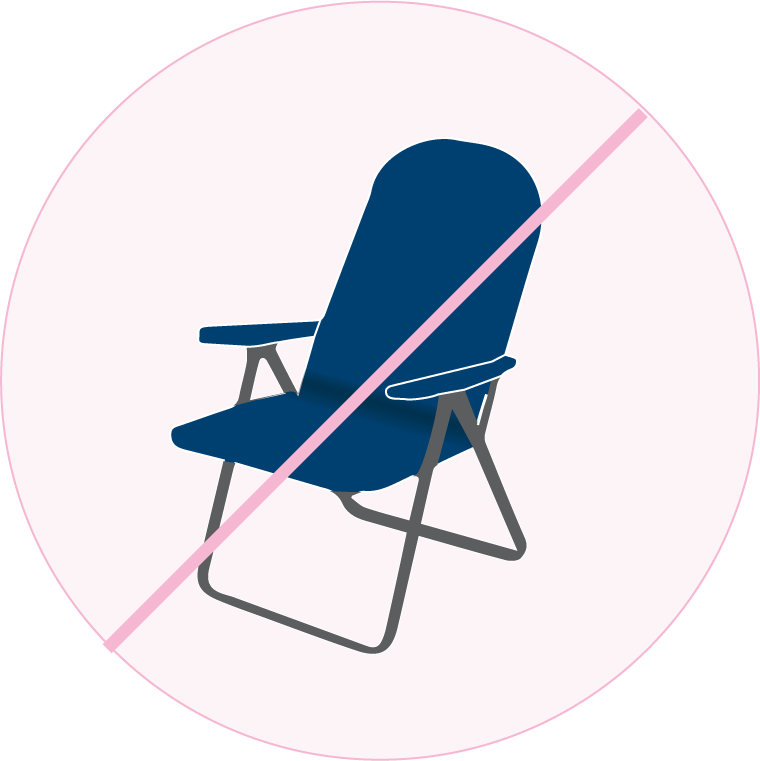Baba's guidelines for ashram visitors
Sri Sathya Sai Baba delivered a divine discourse on 25th January 1963, to the residents of Prasanthi Nilayam during which He emphasised on how to make the best out of one's stay in Prasanthi Nilayam. The excerpts presented
below is an english translation of the Telugu discourse.
"In this Prasanthi Nilayam, certain limits are laid down, certain modes of spending time usefully are recommended by Me. All who come here, whether long-time residents or new arrivals, have to observe them.
...
You have seen Me, stayed here, and heard these discourses. Let Me ask what is the gain? Are you going back unchanged, unaffected? You must pull yourselves up into the purer air of spiritual life, draw yourselves away from slums and by-lanes, and travel on the highway to God. Dwell always on the glory of God; then, you will shine in that glory. Adhere to truth, that is the surest means of removing fear from your heart. Love (Prema) can grow only in the heart watered by truth.
I notice that while your feet are taking you round by force of habit, your tongues blabber about the faults of others, or the price of vegetables, or the dishes you propose to cook for lunch. Before you start on your rounds, which you call Pradakshina, give your mind as dakshina (thanksgiving offering) to the Resident of the temple, the Lord. That is the first thing to do, and perhaps the only thing to do. Making the rounds is not to be taken as prescribed, for loosening the limbs or giving them some exercise.
This Nilayam should not be treated with scant reverence. Make the best use of your stay here. Do not treat this chance lightly. You come spending much money and put yourselves to much trouble to reach here, but you do not bloom as fragrant offerings at the Lord’s feet by learning the spiritual path. The senses have to be curbed into obedient servants of the spirit. For example, I insist on silence. Talk less, and talk low when you must talk.
Do not thrust your sorrows, your needs, your problems into the ears of those who have come here with their own bundle of such things. They are not interested in adding to their troubles. I am here to listen to you, to console you. Do not by loudness of voice disturb those who are meditating or reading or writing the name of God. All ills are traceable to faulty living.
Meditate if possible, by yourselves, alone; read spiritual books if you can; write the name of the Lord in the quiet of your corner. If you cannot do these, at least do not disturb others who are doing these. Encourage one another to march along the path to God.
Become entitled to the honoured title of devotee. My glory is spread daily through those who call themselves My devotees. Your virtue, your self-control, your detachment, your faith, your steadfastness — these are the signs by which people read of My glory. Not that I want any such prop. But it just happens so, in this world, where people estimate others indirectly rather than directly. Let Me tell you, such devotees are very rare. That is the why I do not address your gathering as, “Dear devotees!” You can lay claim to that title only when you have placed yourself in My hands, fully, completely, with no trace of ego kept back to cater to your vanity."
Read More

